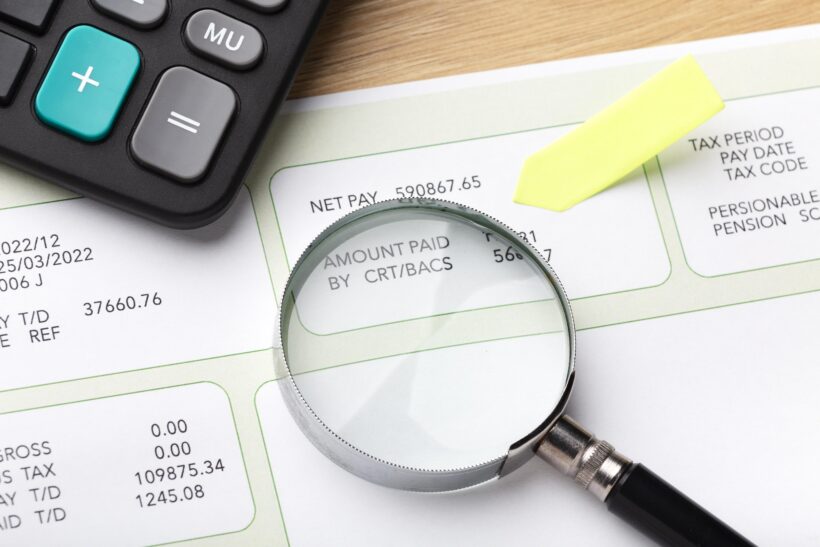Introduction:
In the world of finance, maintaining the integrity of financial data is paramount. Forensic accounting has emerged as a vital tool for financial firms to ensure accuracy, detect fraud, and navigate complex financial scenarios. In this article, we’ll delve into what forensic accounting entails and how it can be a valuable asset for your financial firm.
What is Forensic Accounting?
Forensic accounting is a specialized field that combines accounting, auditing, and investigative skills to examine financial records and transactions with a meticulous focus on accuracy and legal compliance. Unlike traditional accounting, which primarily aims to present financial information for decision-making, forensic accounting is geared towards uncovering financial irregularities and providing evidence for legal proceedings.
Key Components of Forensic Accounting:
- Fraud Detection:
- Forensic accountants are trained to identify red flags and irregularities that may indicate fraudulent activities within financial records. Whether it’s embezzlement, asset misappropriation, or financial statement fraud, forensic accountants employ advanced analytical techniques to uncover hidden discrepancies.
- Litigation Support:
- Forensic accountants often serve as expert witnesses in legal proceedings. They assist legal teams by providing comprehensive financial analysis, presenting findings, and offering expert testimony. This support is crucial in cases involving financial disputes, divorces, or suspected financial misconduct.
- Asset Tracing and Recovery:
- Financial firms facing issues such as embezzlement or misappropriation of funds can benefit from forensic accountants who specialize in tracing and recovering assets. These professionals use their expertise to follow the money trail and locate hidden or misused funds.
- Due Diligence:
- Forensic accounting plays a crucial role in due diligence processes, especially during mergers and acquisitions. By thoroughly examining financial records, forensic accountants help financial firms assess the accuracy of financial information provided by potential partners or targets.
- Compliance Monitoring:
- Staying compliant with financial regulations is a top priority for financial firms. Forensic accountants can assist in developing and implementing internal controls to prevent fraud and ensure adherence to industry regulations.
How Forensic Accounting Can Benefit Your Financial Firm:
- Risk Mitigation:
- Forensic accounting helps financial firms identify and mitigate risks associated with financial fraud and misconduct. By proactively addressing potential issues, firms can safeguard their reputation and financial stability.
- Fraud Prevention:
- Beyond detection, forensic accountants contribute to fraud prevention by implementing robust internal controls and monitoring systems. Their expertise can help financial firms create a secure financial environment that minimizes the risk of fraudulent activities.
- Enhanced Decision-Making:
- Accurate financial data is the bedrock of informed decision-making. Forensic accounting ensures the reliability of financial information, empowering financial firms to make strategic decisions with confidence.
- Legal Protection:
- In the event of legal disputes or regulatory investigations, having forensic accountants on your team provides a layer of legal protection. Their expertise and findings can be instrumental in presenting a strong case or demonstrating compliance.
Conclusion:
Forensic accounting is not just about solving financial mysteries; it’s a proactive strategy to safeguard the financial health and reputation of your financial firm. By leveraging the skills of forensic accountants, you can enhance your ability to detect, prevent, and address financial irregularities, ultimately ensuring the integrity of your firm’s financial operations. In a world where financial transparency is non-negotiable, forensic accounting stands as a powerful ally for financial institutions seeking to uphold the highest standards of accuracy and compliance.
Disclaimer: This article is provided for informational purposes only and does not constitute financial, investment, or legal advice. The author and publisher are not responsible for any decisions made based on the information provided. Readers are advised to seek professional advice for their specific circumstances. Any reliance on the information in this article is at the reader’s own risk.
To read more, click here
Thank You For Reading, feel free to ask any questions in the comment section below.
Follow us on Social Media Platforms,
Click Here: Instagram, Facebook, YouTube, and Twitter
Stay Informed, Stay Responsible with My Finance World!










